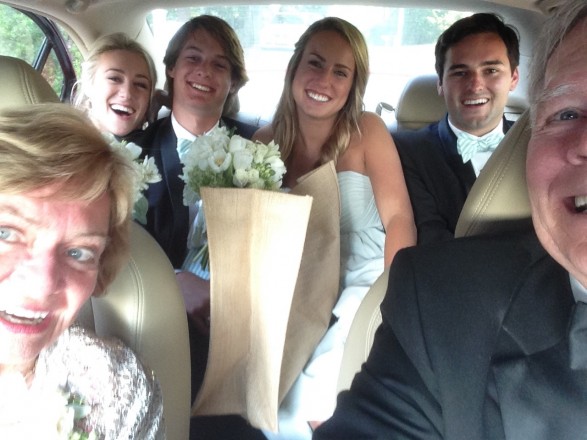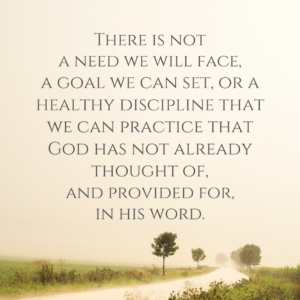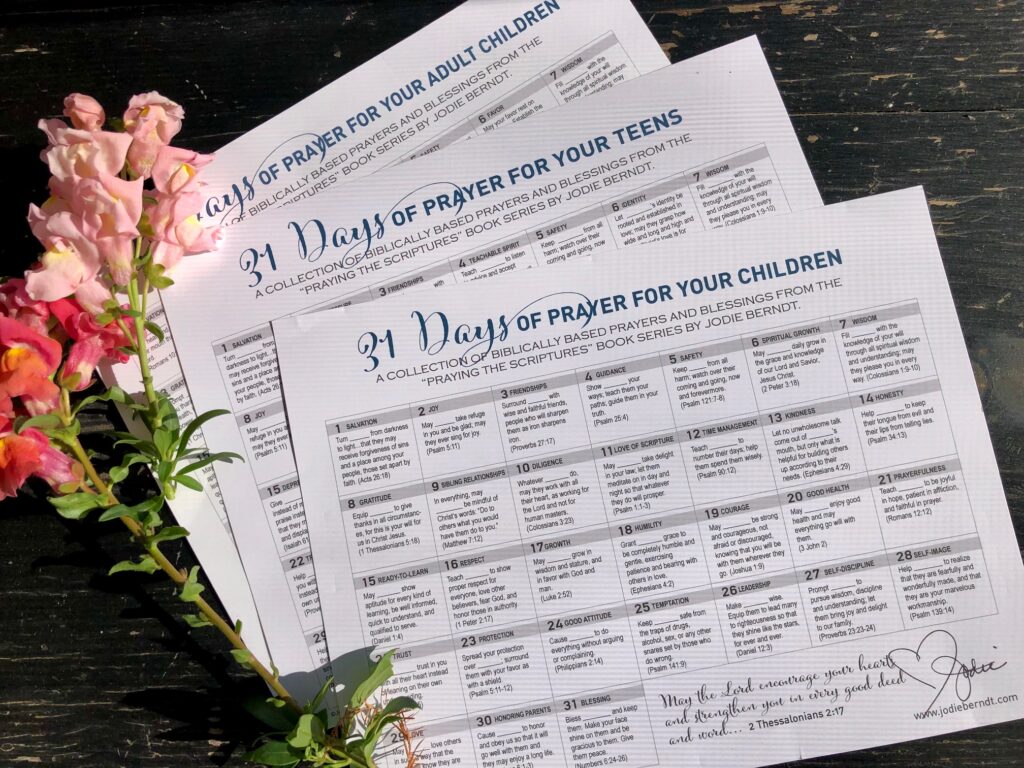Is there something in your life that is as good as dead?
I’ve just taken a spin through Hebrews, and I can never get through chapter 11 without stopping at verse 12: And so from this one man, and he as good as dead, came descendants as numerous as the stars in the sky and as countless as the sand on the seashore.

That’s a reference to Abraham, the guy who laughed when God said he’d have a son. He was a hundred years old (his wife Sarah was ninety) and, as Robert Alter puts it in his Genesis commentary, it was a laugh “edged with bitterness.” Was God, Abraham wondered, playing some sort of cruel joke?
As good as dead.
How many times have we looked across the landscape of our lives–our relationships, our careers, our dreams–and thought the same thing? “Nothing is there. There’s no way this can work. That _____ (whatever it is) is as good as dead.”
Here’s the thing, though. With God, that doesn’t matter.
God brings dead things to life
God doesn’t care if we can’t see signs of life; he calls things into existence that do not exist.
Take the universe, for example. Hebrews 11:3 says it was formed “at God’s command, so that what is seen was not made out of what was visible.” God didn’t have to see something to create it; he just had to say it (“Let there be light”) and it happened.
And when God allowed Sarah to conceive, he did so (and you can check me on this in Romans 4:17) “because Abraham believed in the God who brings the dead back to life and who creates new things out of nothing.”
God brought a promise to life–he created a life–because Abraham believed.
I can hear what you’re thinking. I’ve thought the same thing: “I want to believe that God could call this thing–this marriage, this job, this hoped-for baby–into existence, but I just don’t see how it could happen. And if I don’t have faith…maybe it won’t.”
I get that. And, like I said, I have thought that. And if all we had to go on was Hebrews 11:6 (“Without faith it is impossible to please God”), the picture would look bleak, indeed.
But there is more to the story.
Three Hooks for Our Hope
There is much more we might say–much more encouragement tucked into the pages of Hebrews–but if you are struggling to believe God for something that looks and feels as good as dead, here are three hooks for your hope:
First, we don’t have to see something for it to be real. We can still believe it. Faith, Scripture says, isn’t just wishful thinking. It is “confidence in what we hope for and assurance about what we do not see.”

Second, faith is not something we need to create or produce in ourselves. Jesus, the Bible says, “initiates and perfects our faith.” He starts it. He finishes it. He supplies what we lack and makes it complete.
And finally, God’s horizon is infinitely bigger than ours.
When Abraham laughed, it was because he knew what God had promised–that he’d be the father of many nations–but it had not yet happened. Nor would it, he thought, at his advanced age. Abraham was, Alter says, “someone living within a human horizon of expectations.”
A human horizon of expectations. Am I the only one who reads a phrase like that one and thinks, “Ouch”?
Because we do that, don’t we? We apply our human horizons–our timelines, our procedures, our perceived ideas of what will work best–to our lives, and when things don’t turn out like we wanted or expected them to, we figure that God has let us down. Or that we didn’t have enough faith. Or that the situation, whatever it is, is as good as dead.
But it’s not.
God’s ways are higher than ours
The Bible says that God is always at work. That he is able to do immeasurably more than all we ask or imagine. And that, when his plans or his methods don’t match up with ours, that’s okay; we can be confident that his ways are higher than ours.
Abraham is just one in a hallway of heroes whose lives are recapped in Hebrews 11. None of these people saw God’s promise fulfilled–at least not in the way, or at the time, they expected. But did that negate their faith or diminish their assurance that God would do what he said he would do? Not at all. They all died, Scripture says, “still believing,” welcoming God’s complete and perfect provision “from a distance.”
We can do the same thing. We can expand our perspective, acknowledging that our timelines (and even our lifetimes) do not limit God’s power or his provision. We can stop “living within a human horizon” and start praying with faith–with confidence in what we hope for and assurance about what we do not see–for every need.
For the prodigal child.
For the broken marriage or friendship.
For the desire–the unmet longing–that is as good as dead. We can ask God to bring that dream back to life.
Heavenly Father,
I am concerned about ______.
Please bring this dead situation or relationship back to life; create a new thing out of nothing; make something that can be seen out of what is not now visible. (Romans 4:17, Hebrews 11:3)
Be the source and the perfecter of my faith, providing and completing what I lack. Equip me to believe as Abraham did, against all hope, trusting that your thoughts and your ways are higher than mine. (Hebrews 12:2, Romans 4:18, Isaiah 55:8-9).
Amen




























